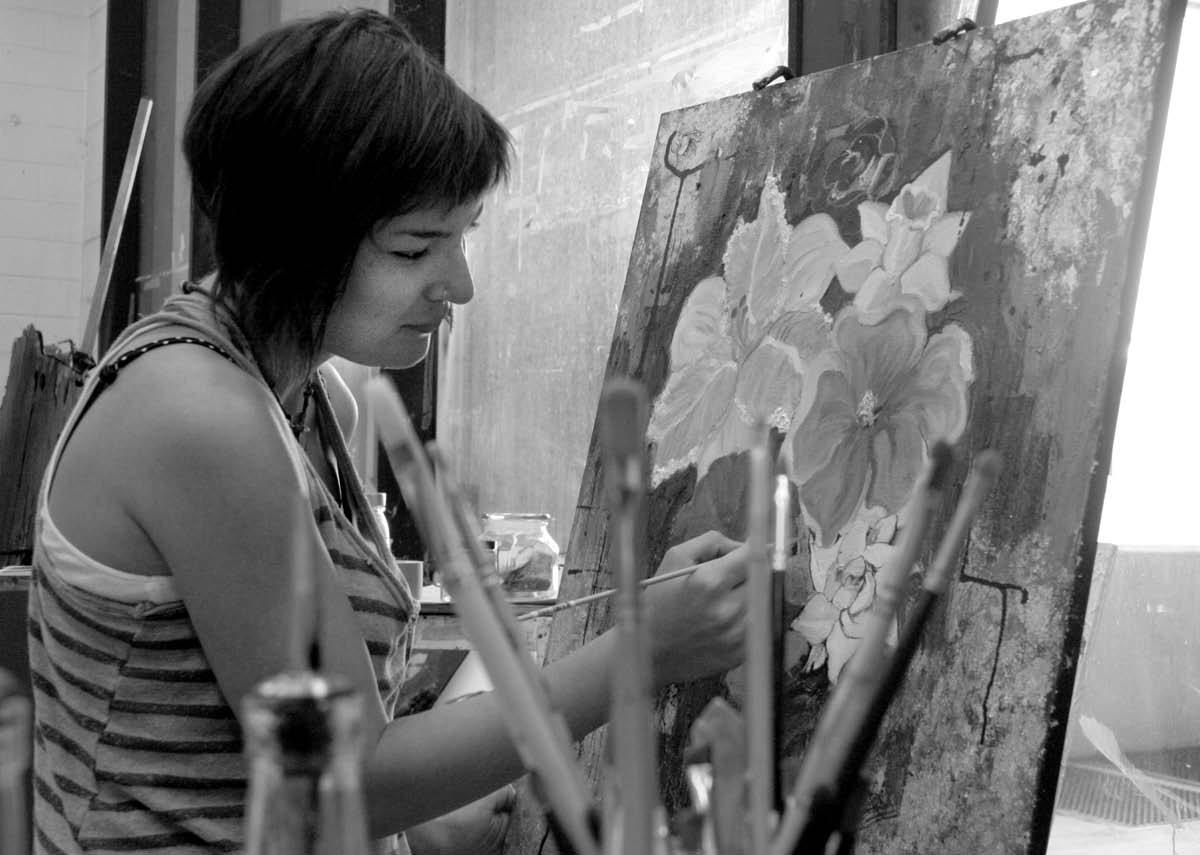4 • ISSUE October 2011
Volume 18, No. 2
Live Theater is Dead? THEATER’S LIFE SUPPORT; NEW BLOOD, LOCAL COLOR
FOR MANY YEARS, PEOPLE have been claiming that theater is dead. From outside influences of TV and film, to internal debates over the use of microphones, the theater has struggled. But still it engages audiences. And even though some people have gone so far as to write its obituary, theater survives, as it always will. But in what form, at what price and with whom sitting in the audience? Jerry Herman, the Tony award-winning composer, writes, “The musical theater will go on, and the show tune will never die. But I don’t think we will ever have that special kind of American entertainment in quite the same way,” Theater still has a long-lasting appreciation from fans in America, even with the developments in TV and film. “I love films and TV, I enjoy them very much, but what makes theater special is that direct exchange that happens between the actor and the audience. You don’t get that on film and TV,” says Judith Sebesta, Lamar University’s Theatre and Dance Department chair. “With a person viewing a film or TV show, what they do doesn’t effect what they’re seeing. Whereas an audience member can, in very concrete ways, effect what can happen on stage, sometimes in very subtle ways.” It is that live exchange that separates TV and film from theater, she said. “The community happens amongst the audience members, but it also happens among the actors on stage,” she said. “But then, between and among the performers and the spectators, you get that wonderful sense of community that we are unfortunately not getting as much anymore.” Somewhere down the line a disconnect between fans and theater has taken place. “I think theater is in a bit of a crisis right now,” Sebesta says. “I think it’s always going to exist, but I think it really does need to, in many contexts, redefine itself in relation to mediated performance and mediated entertainment forms, be it on Internet, TV, what have you. “It’s been doing this for the past 30 years. Many theater artists have been figuring out what makes us different, what makes us special, and attempting to capitalize on those things that set them apart from other mediated forms of entertainment.” It’s easy to see where technology plays a role in theater’s steady fall through the Story and layout by Peyton Ritter
Joel Grothe, above, rehearses a scene from the recent Lamar University production of “An Inspector Calls.” Steven Hoffman, Jr., right, plays Eric in a rehearsal scene from “An Inspector Calls.”
Photos by Josh Reeter




